G20 leaders endorse global corporate minimum tax but wrangle over climate
Issued on:

Leaders of the G20 world’s major economies approved a global minimum tax on the largest companies on Saturday, but were still haggling over the pressing issue of climate change.
In the first major announcement of the two-day G20 summit in Rome, the bloc endorsed a “historic” agreement that would see multinationals subject to a minimum 15 percent tax, said US Treasury Secretary Janet Yellen, who attended the talks.
The deal would “end the damaging race to the bottom on corporate taxation”, she said in a statement.
The reform plan, already backed by almost 140 countries, seeks to end the practice of big corporates such as Apple and Google parent Alphabet of sheltering profits in low-tax countries.
But no consensus had yet emerged on a collective commitment on climate change, on the eve of the crucial COP26 conference starting in Glasgow on Sunday.
A senior US official said elements of the final G20 statement “are still being negotiated”, adding that the Rome summit was about “helping build momentum” before the UN climate talks.
At a gala dinner at his lavish Qurinale palace on Saturday evening, Italian President Sergio Mattarella urged leaders to act for the sake of “future generations”.
“The climate change emergency looms over everything else,” the 80-year-old said, adding: “The eyes of billions of people, of entire peoples, are upon us and the results we will be able to achieve.”
Stop playing games
Earlier in the day, thousands of climate protesters, many of them young, gathered in the city centre to demand tougher action.
“We’re asking G20 leaders to stop playing games among themselves and finally listen to the people and act for the climate, as science has been asking for years,” Fridays for Future activist Simone Ficicchia told AFP.
Hosts Italy are pushing the G20 to collectively endorse the UN goal of limiting global warming to 1.5 degrees Celsius above pre-industrial levels, one of the aspirations of the landmark 2015 Paris climate accords.
“From the pandemic, to climate change, to fair and equitable taxation, going it alone is simply not an option,” Italian Prime Minister Mario Draghi told leaders ahead of the closed-door talks.
But G20 members, many at different stages of economic development, remain at odds over the other major goal of reducing greenhouse gas emissions to net zero by 2050.
The stakes are high, as the G20 — which includes China, the US, India, the EU and Russia — accounts for 80 percent of global GDP and nearly 80 percent of greenhouse gas emissions.
‘Grave’ concern on Iran
The Rome meeting was the opportunity for a flurry of bilateral meetings between G20 leaders, notably involving President Joe Biden, who is hoping to reassert US leadership following the tumultuous Trump years.
He met with his French, British and German counterparts to discuss Iran’s offer to resume discussions on reviving the 2015 nuclear deal, and they expressed their “grave and growing concern” over Tehran’s nuclear programme.
The deal has been floundering since Biden’s predecessor Donald Trump walked out in May 2018 and imposed sweeping sanctions.
On Sunday, the US president’s agenda includes bilateral talks with Turkish President Recep Tayyip Erdogan covering Syria, Libya and defence deals.
Another key topic in Rome is the coronavirus pandemic, with both Chinese President Xi Jinping and Russian leader Vladimir Putin raising the issue of the unequal global distribution of vaccines.
Putin blamed disparities on “dishonest competition, protectionism and because some states, especially those of the G20, are not ready for mutual recognition of vaccines and vaccination certificates”, in his speech broadcast on Russian state television.
No new pledges are expected to address the vast gap in Covid-19 vaccine access between rich and poor countries.
But Draghi urged counterparts to “do all we can” to meet a WHO goal of vaccinating 70 percent of the global population by mid-2022.
According to a source following the summit discussions, “all the leaders” agreed to commit to that target.
(AFP)
















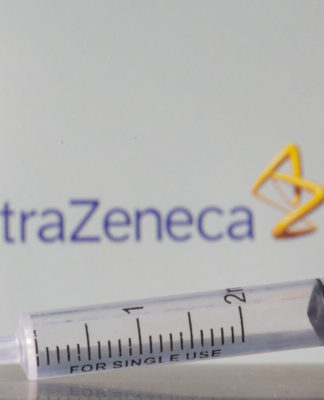


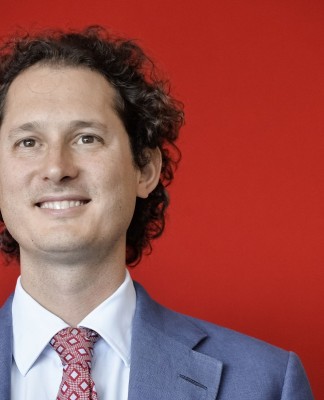
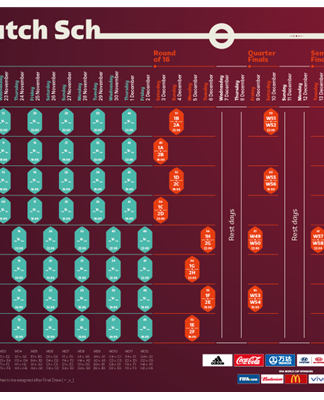
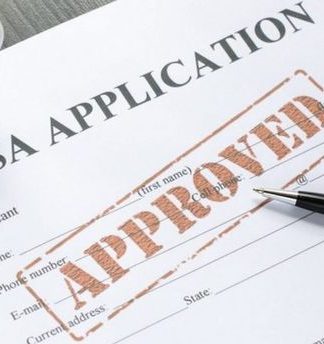
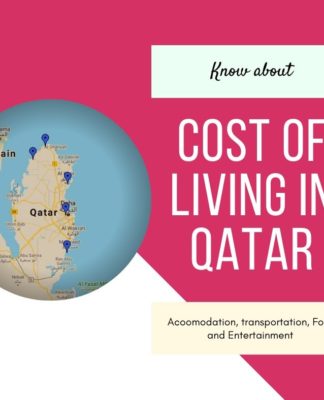
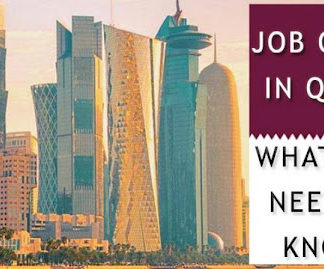
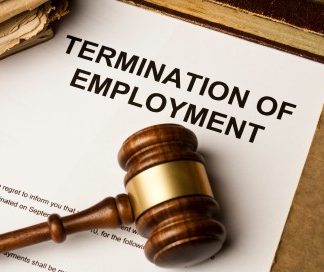
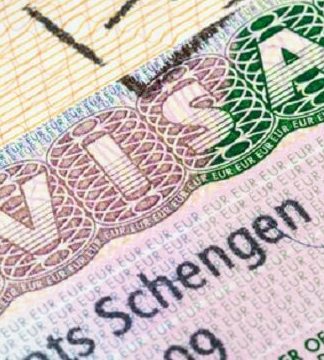


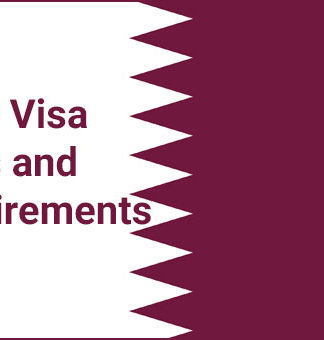
![List Of Profession Eligible For Family Visa In #Qatar2022 [Salary Occupations]](https://welcomeqatar.com/wp-content/uploads/2022/07/maxresdefault-1-324x400.jpg)
